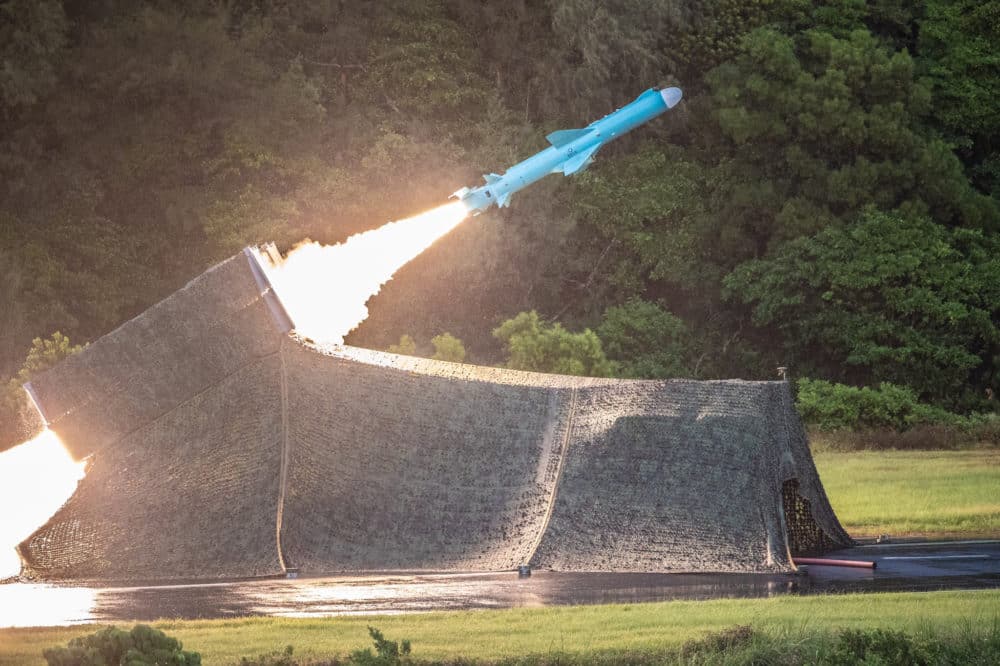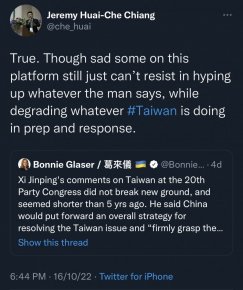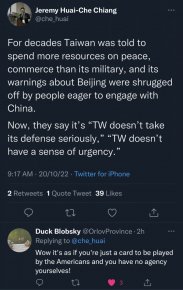Normandy is a classic example.
Normandy is a classic example of the defender facing immense problems moving men and material where it needed to be because of extensive Allied tactical and strategic bombing to rail hubs; bridges, ammo dumps, etc but it had little bearing on the actual defences on Omaha, Utah, Sword, Gold and Juno. The defences there were largely intact; that was the point I was alluding to.
Rommel specifically argued that holding the reserves back was an error, because they would be unable to deploy them once the landing pints were identified.
B
ecause of his experiences in North Africa. Rundstedt in contrast had never faced Allied air power; he maintained that the Panzers should be held back until it was clear where the man landings were. Problem is both were right which is why a compromise was reached and Rommel was allowed to place 21st Panzer on the coast; as well as 12th Hitler Jugend further in. The rasing of Panzer Group West was also part of the compromise.
The Allied invasion of Normandy on June 6, 1944, marked a critical turning point in the European theater of World War II. The massive landing on France’s coast had been meticulously planned for three years, and the Allies anticipated a quick and decisive defeat of the German forces. Many of the...

uknowledge.uky.edu
This was due to an extensive campaign of bombing to destroy transport routes and infrastructure, as well as tactical bombing against German forces on the ground.
Thanks for the history lesson but I'm aware of the role air power played. I was disputing the notion that airpower severely degraded the actual defences on the beaches; wasn't claiming that air power didn't have an adverse bearing on the ability of the Germans to move men and material to the invasion beaches.
An considerable weight of Naval gunnery was deployed as fire-support for the troops landing on the beachheads
As was the case in Tarawa, Iwo Jima and other places but ultimately the beach defences were not severely degraded by naval gunfire or air power. They were heavily hit yes but they were not degraded to the extent that they were unable to fiercely contest the landing.
”Combined arms” doctrine was not discarded just because it was a sea-landing
It took combined arms to secure the beaches and to eliminate enemy resistances from the various strong points which were largely intact despite the naval bombardment.
You don’t invade anything much if your invading force is at the bottom of the Taiwan straight.
You don’t “degrade” anything much if your missiles can’t hit their targets and your planes are playing submarine.
You're assuming too much; that an amphib assault is doomed to fail and that the Chinese will suffer from the same problems the Russian are facing; poor C3; the inability to wage joint multi domain ops; the inability to detect, fix and hit targets, etc. I won't make the same assumptions.
Yes I'm extremely aware that conducting an amphib assault is an extremely risky and complex endeavour. Given the resources China has it's not far fetched to take into account that the crossing might succed; whether or not the landed troops can expand the beachheads is the key question. A lot will also depend if China is conducting a crossing in the face of Taiwanese resistance or Taiwanese and American resistance. There is also the possibility that the Chinese will not rush to launch a crossing as many assume but only after Taiwan's defences have been degraded by a sustained air, naval and cyber assault.
“Andrew Higgins is the man who won the war for us. If Higgins had not designed and built those we never could have landed over an open beach. The whole
warontherocks.com
The Russians have been trying to suppress and degrade the Ukrainian Air Defence for 7 months.
You're assuming that operational circumstances faced in the Ukraine will replicated in Taiwan. BTW the Serbs did the same thing; a defence in depth and preservation of an air force in being; albeit less effectively as the Ukrainians.
They reason that they are losing fast jets and attack helos to MANPADS at low altitude is because the longer-range GBAD
Indeed and that's a problem the Ukrainians also face. Ultimately both sides are constrained in their use of air power because both are unable to mount an effective SEAD/DEAD campaign. As stands however both sides are still employing airpower.
The Chinese don’t like to lose face… and a failed invasion does just that.
They will ''
lose face'' if they fail to respond to certain moves undertaken by Taiwan. If for example Taiwan declares independence or if China decides that Taiwan is obtaining certain capabilities which will alter China's ability to successfully mount an invasion; China will react [it will have no choice in the matter] and it will accept that high losses or even a failed amphib assault is a penalty worth incurring.
Perhaps you should take into account the place Taiwan occupies in China's pysche. The Chinese are extremely aware that losses will be high and that a military attempt might fail but they will still initiatite military action if they have to and just like how they have thoroughly analysed American ops in Kosovo, Iraq and other places; are doing the same with the current war in the Ukraine.

/cloudfront-us-east-2.images.arcpublishing.com/reuters/GFM46BWO6FPFLHL4RQ5TNWTYDM.jpg)







